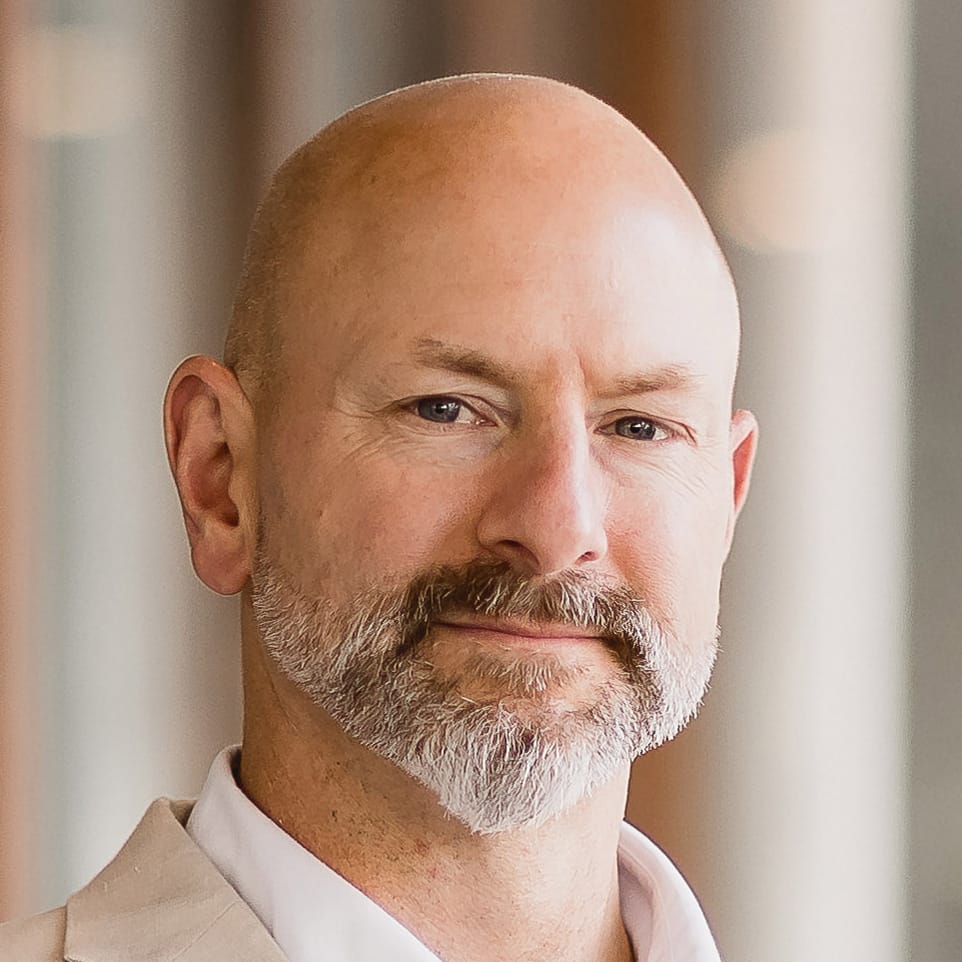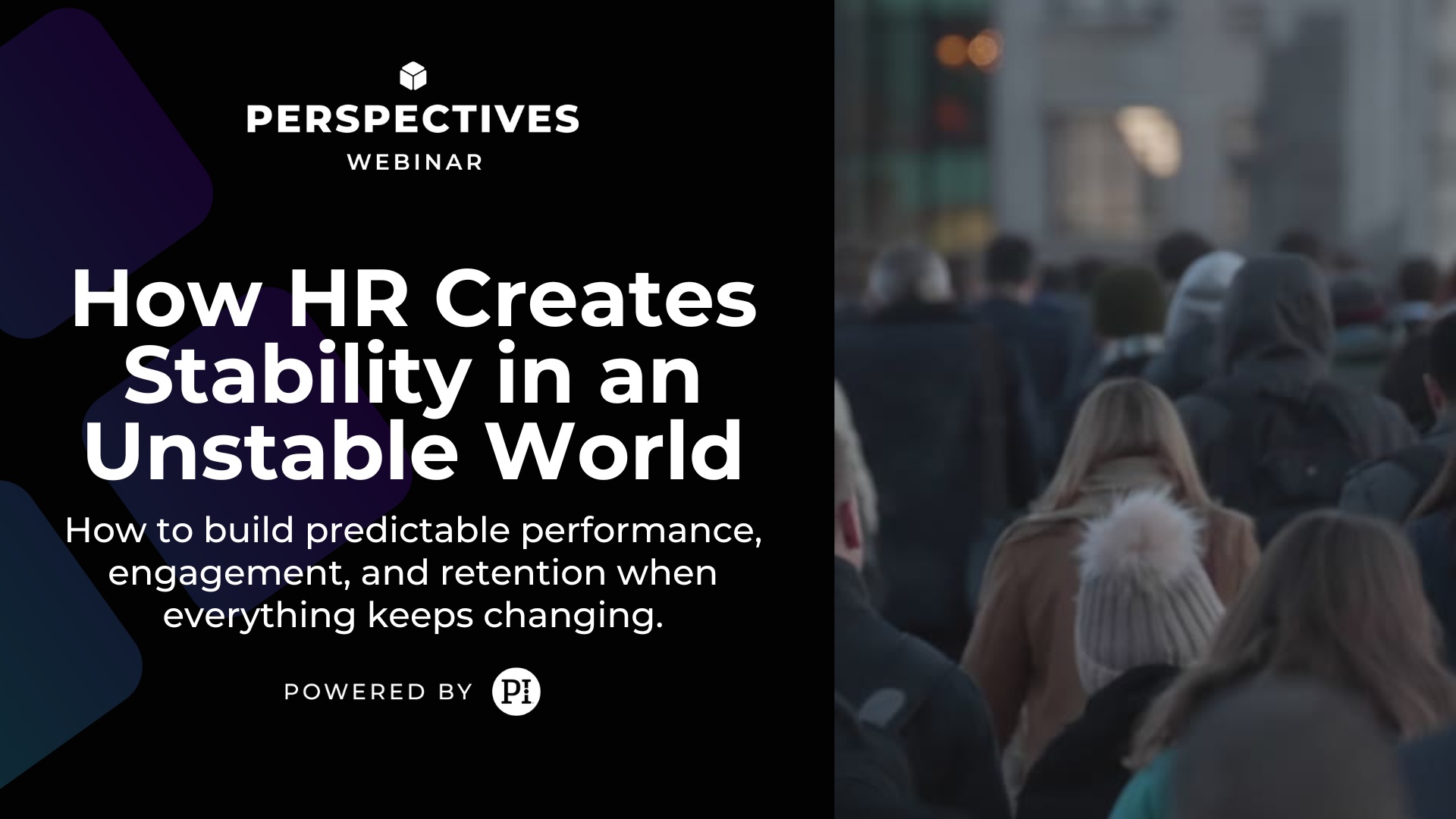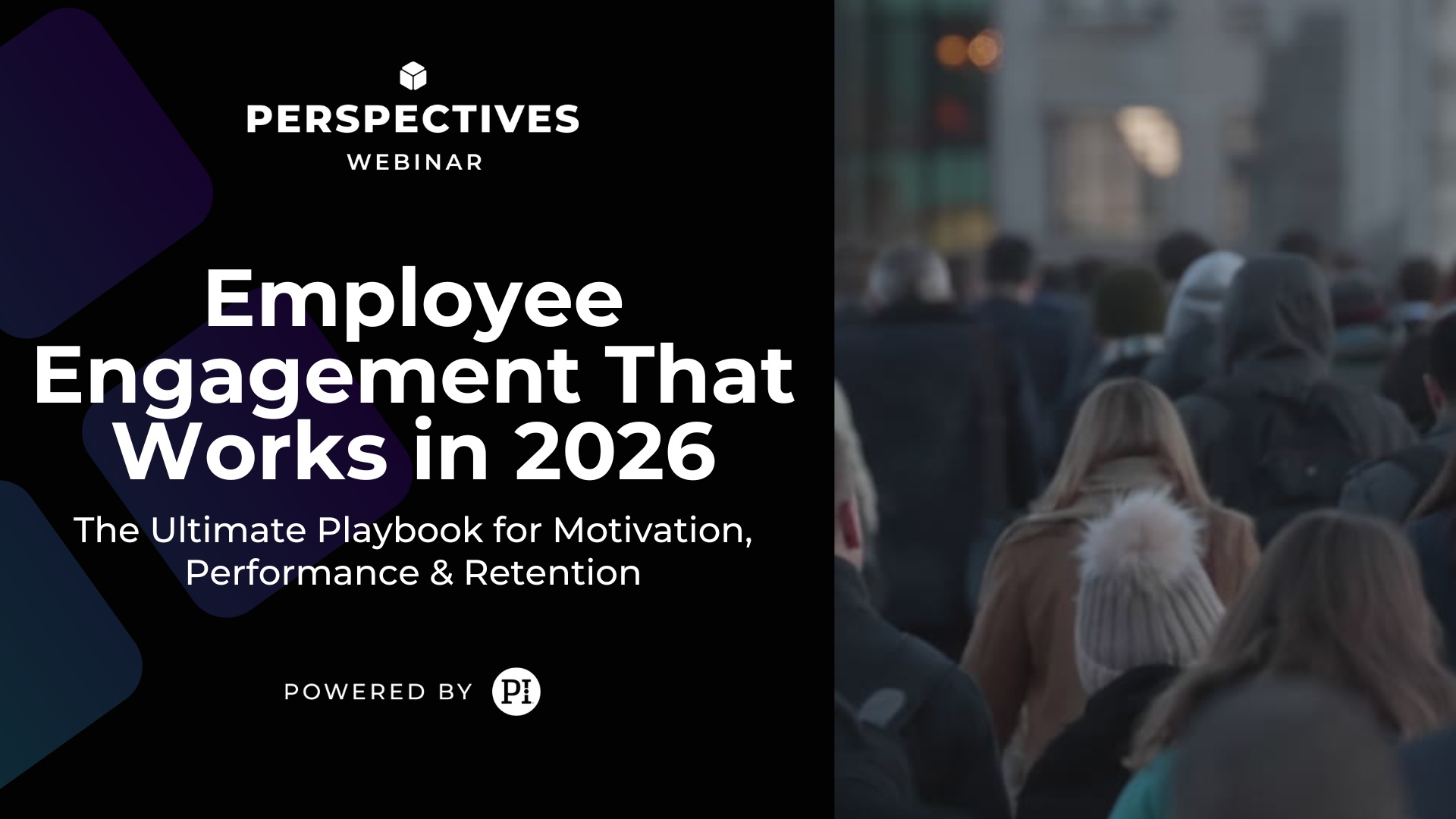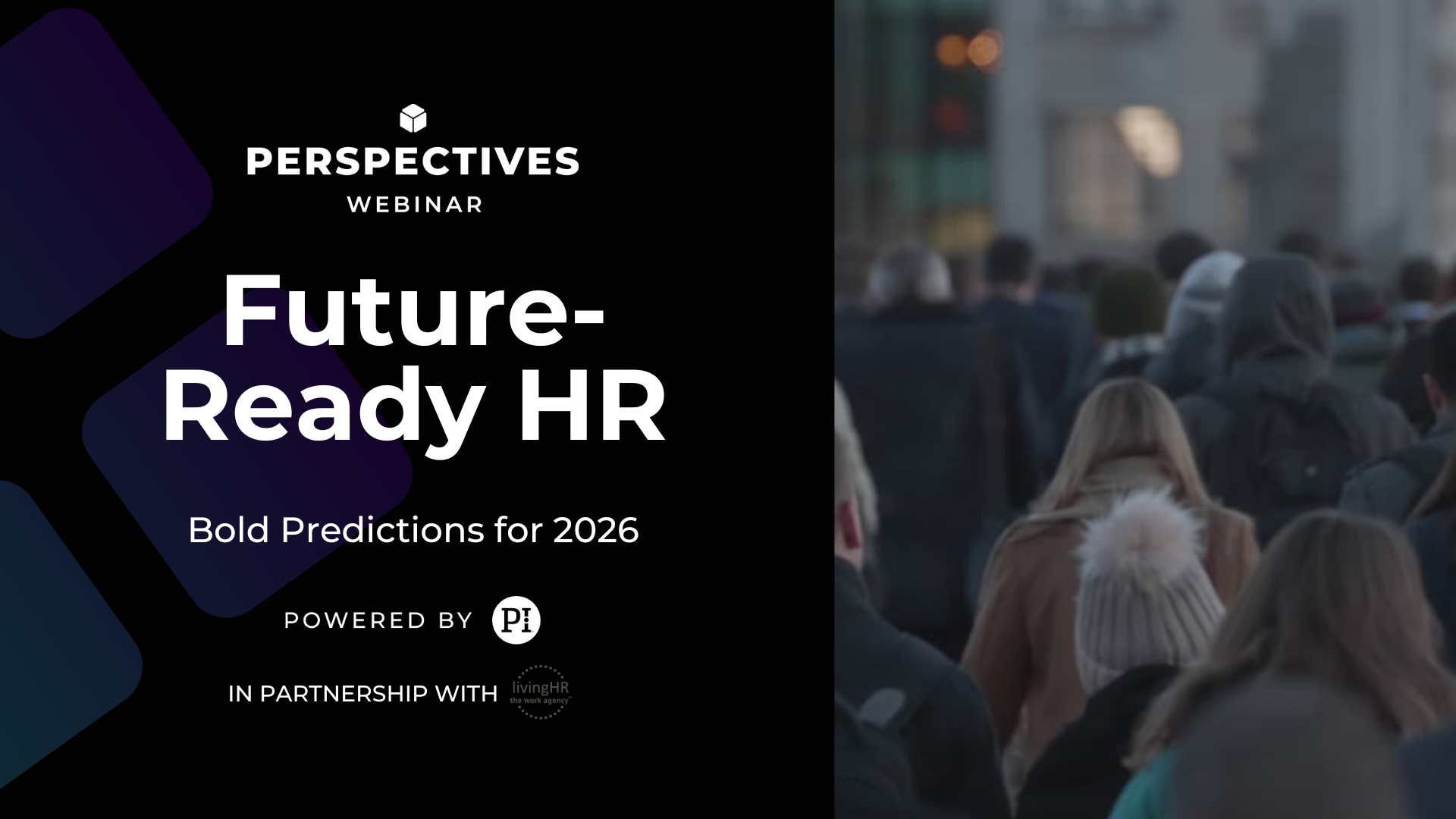Perspectives: Better Work Better World
Transforming business into a force for good
Companies can no longer succeed by focusing solely on shareholder returns. True, sustainable, success comes from creating value for all stakeholders—employees, customers, communities, and investors alike. This is the essence of stakeholder capitalism, and it’s transforming how organizations operate.
HR and business leaders are at the forefront of making an impact in your community a reality. By driving people-centered strategies, you leaders help your company thrive in a way that benefits everyone—not just shareholders.
Join us to:
- Understand why employees want their work to have meaning and impact beyond their company’s own interest
- Identify all the various stakeholders that are part of the business ecosystem
- Learn simple strategies and tasks to create opportunities for employees to increase their impact
- Gather best practices from leaders of purpose-led business movement, and how you can implement them in your organization
Bonus for our live attendees… tune in for 1 HRCI and 1 SHRM credit!
Panelists

he/him
Learning and Development Specialist, Habitat for Humanity of Omaha

she/her
Chief Operating Officer, KidGlov

he/him
Vice President and The Godfather of Talent Optimization,
The Predictive Index

Hema Crockett, she/her
Co-Founder, Gig Talent

Jackie Dube, she/her
SVP of People Operations
Explore other episodes

Perspectives: How HR Creates Stability in an Unstable World
How to build predictable performance, engagement, and retention when everything keeps changing. Employees are standing on shaky ground, and they know it. After years of chasing purpose and perks, today’s workforce is sending a clear signal: “We need stability more than we need ping-pong tables in the break room.” Recent research from Perceptyx and Deloitte…

Perspectives: Employee Engagement That Works in 2026
The Ultimate Playbook for Motivation, Performance & Retention With AI disruption, economic uncertainty, shifting expectations around flexibility, and rising burnout, employee engagement is a mission-critical issue in organizations today. Teams are being asked to do more amid constant change, and while many organizations are investing in engagement, they’re still seeing “quiet disengagement,” lower discretionary effort,…

Perspectives: Future-Ready HR
Bold Predictions for 2026 The workplace is shifting faster than ever, and HR’s role in this transformation isn’t optional—it’s essential. We’re moving from transactional support functions to strategic architects of the future of work. This is HR’s moment to lead the conversation. While executives focus on quarterly results and operations teams manage daily workflows, HR…